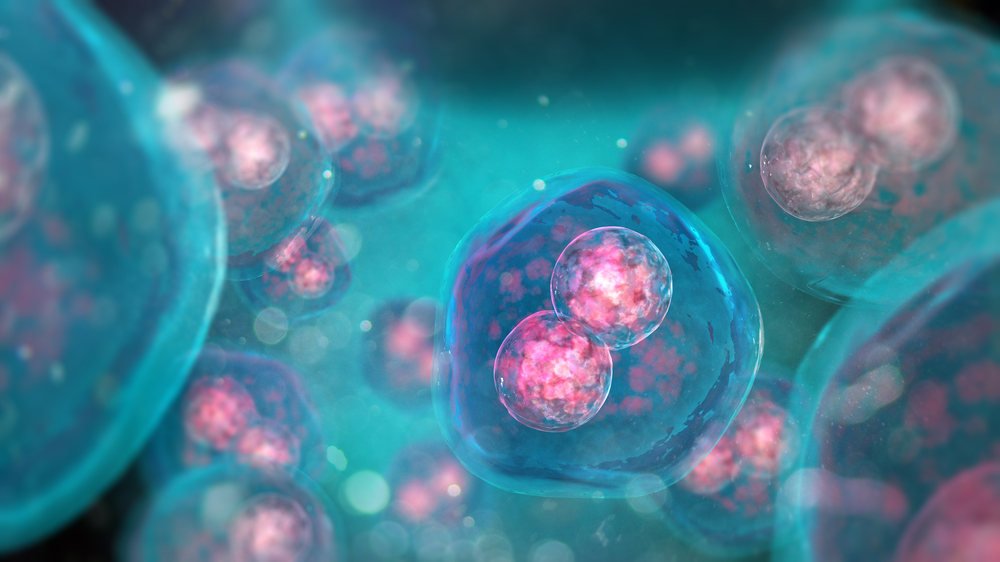Endometriosis is a very frequent, albeit difficult to diagnose disease that mainly affects reproductive-age women and is caused when endometrium (inner lining of the uterus) cells that normally grow inside the uterus begin to grow outside the uterus, leading to infertility and pelvic pain, usually during menstruation. The pain is caused by the inflammation associated with the cyclic detachment of cells from the wrong site during menstruation. One of the most affected sites is the ovary, where endometriosis is characterized by the formation of an ovarian cyst called endometrioma.
In spite of this knowledge, the causes of endometriosis are poorly understood and there are several theories which try to explain the causes of the disease. A recent study published in the Journal of Experimental & Clinical Cancer Research tries to shed a new light into the endometriosis pathological processes.
Researchers from the Italian Endometriosis Center are looking into the role of an important protein (mainly known for its effects in embryological development) in ALS development: the anti-mullerian hormone (AMH). In the male embryo, AMH is produced in large quantities and helps in the process of male fetus differentiation. AMH is also used in clinical practice as a measure of remaining egg supply in women with infertility to predict the success of in vitro fertilization.
The team of researchers led by Dr. Pietro Signorile found that the AMH is expressed in endometriosis tissues. Moreover, the team observed that AMH must be important for disease processes, since treatment of endometriosis cells with AMH could successfully decrease cell proliferation while increasing programmed cell death.
Current treatment strategies for endometriosis lack efficacy and have high recurrence rates. This study must be followed by clinical experiments in humans but the response of endometriosis cells to AMH is clear: the overall activity of these cells is decreased when exposed to the protein. This fact seems to support the role for AMH-based therapies as novel strategies to manage the disease.

